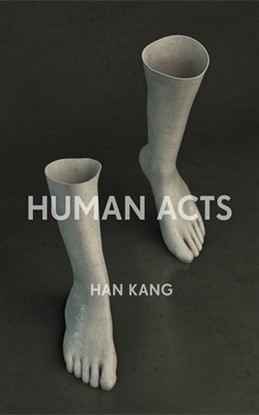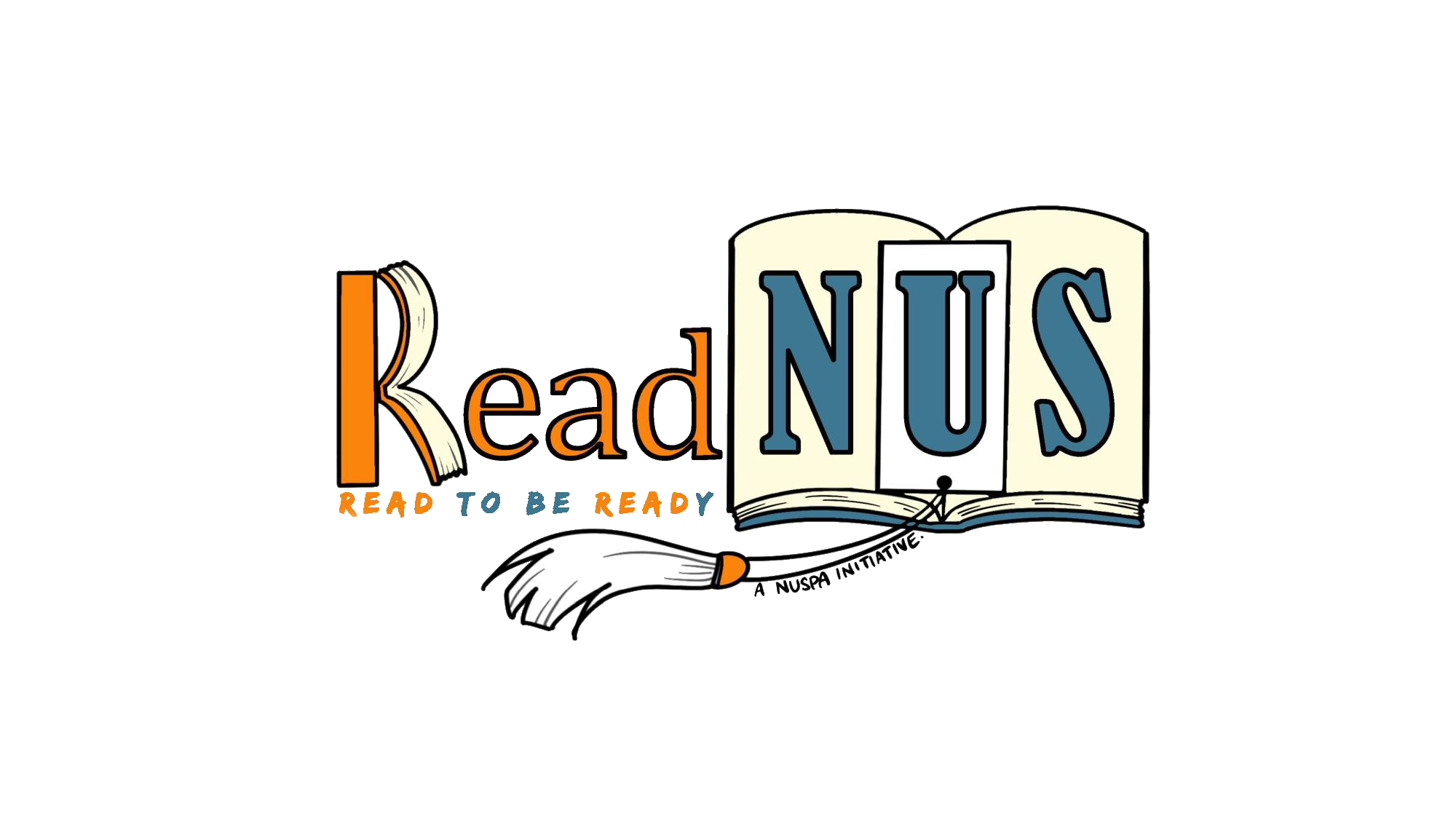Loss and memory in Human Acts by Han Kang

What does it mean to be human? This is the central question of Han Kang’s novel Human Acts, which seeks to uncover what it is that makes us ‘human.’
The novel’s plot is based on the brutal suppression of the 1980 Gwangju uprising. This was a rebellion against martial law imposed by the then de facto South Korean President Chun Doo-hwan, who had seized power in a coup. Before Chun’s rise to power, South Korea had been under the authoritarian rule of Park Chung-hee for nearly two decades. With the imposition of martial law and the citizens’ hopes for democracy dashed once more, their frustrations boiled over. Outraged by the violent crackdown on a protest at Chonnam University, armed citizens took control of large sections of the city before the military was deployed to quash the uprising.
The book follows the perspectives of multiple characters who are all connected to a 15-year-old boy, Dong-ho, who is killed in the uprising.
Through the different forms of loss experienced by the victims, Human Acts reveals the vulnerable yet noble nature of humanity.
The first and most apparent type of loss represented in the story is that of the victims’ loved ones.
After the uprising, families of protesters killed by the military are left to pick up the pieces, and often struggle to come to terms with their loved ones’ death. Chapter 6: The Boy’s Mother follows the perspective of Dong-ho’s mother as she mourns the loss of her youngest son. She is so distraught over his death that years later, she still suffers delusions of him being alive. Despite her grief, she has to live on to seek justice for her son, forcing each day down “like a mouthful of cold rice”.
Less apparent but equally important is the loss of memory as the victims’ voices are suppressed during Chun Doo-hwan’s presidency. In the wake of the uprising, history is rewritten by the authorities to downplay and justify the violence of the event, with the rebellion being blamed on Communist sympathisers. Unlike other kinds of loss, however, memory is something that can be reclaimed and the novel follows the victims’ attempts to do exactly this. For instance, in the last chapter, Dong-ho’s brother permits a writer to use Dong-ho’s story in his book so that no one will desecrate his memory again.
Not only do the victims’ suffer loss of their loved ones and memory, their very humanity is taken away from them by the brutal conditions they are subjected to.
In Chapter 4: The Prisoner, the main character suffers torture so intense that he feels reduced to a “brute animal with whatever had once been human having been gradually sucked out”. Wracked by hunger, he resents his fellow prisoner, Jin-su, for every morsel of food he takes when they share meals.
One thread that ties these different types of loss together is the power of memory.
This power is evidenced by how the military government does not permit families of the victims to publicly mourn their loss. Hence, there must have been something about mourning, the act of remembering loss, that threatened them.
The power of remembering loss seems to come from the way it reminds us of our humanity. Humanity is a major theme in Human Acts: the novel often dwells on graphic descriptions of the protesters’ corpses, and emphasises how the volunteers attempted to give these lifeless bodies some semblance of humanity. Washing them, suturing their wounds and draping their coffins with the national flag—all to make them more than just ‘lumps of meat’. There appeared to be something precious about the killed protesters that the volunteers wished to preserve, though it may be hard to pin down.
Nevertheless, the concept of humanity is drawn out by what the ex-prisoner Jin-su says to his former cellmate many years after their release:
“Before, we used to have a kind of glass that couldn’t be broken. A truth so hard and clear it might as well have been made of glass. So when you think about it, it was only when we were shattered that we proved we had souls. That what we really were was humans made of glass.”
By losing something important and remembering it, we remind ourselves that we are more than our physical bodies, that we possess loved ones, memories and humanity — in other words, a soul. It is precisely when we believe ourselves to have ‘souls’ that we become capable of courageous and selfless acts.
This idea is clearly illustrated in the story of the Factory Girl (chapter 5). The protagonist of this chapter, a female factory worker, admires her friend Seong-hee, a labour rights activist whose favourite phrase is: “We are noble.”
Although the conventional definition of ‘noble’ is to have high moral principles, in the context of the factory girls, it also means to possess some intrinsic quality as humans that makes them deserving of dignity. This quality can be seen as the ‘soul’ that distinguishes humans from animals and inanimate objects.
When Seong-hee uses the word ‘noble,’ she means that she and her fellow factory girls are “as noble as anyone else” and should fight for their right to be treated with dignity. It is because of this belief that she is willing to undertake risky actions that eventually get her into trouble with the authorities.
The title of the novel “Human Acts’’ seemed rather cryptic to me when I first picked up the book. What acts does it refer to? And what is ‘human’ about these acts?
The translator, Deborah Smith, explains the title in the introduction as “a reminder of the human acts of which we are all capable, the brutal and the tender, the base and the sublime.”
The novel suggests that when humans are capable of sublime acts, they are motivated by the ‘soul’, the existence of which they are only aware of when they experience great loss. Loss acts as a catalyst for people to be aware of that quality they possess which transcends their physical form. Just like glass, this quality is both fragile and beautiful in its transparency. Yet, it can possess incredible strength, pushing humans to do things they would never otherwise do.
By: Joyce Lee
Editorial Team Member
